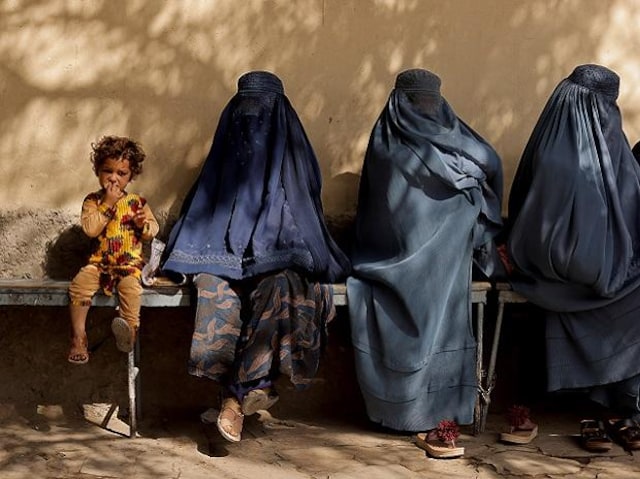The Taliban decree for women to must cover their faces in public might further strain engagement with the international community.
Raising concern over the hijab decision, United Nations Assistance Mission in Afghanistan (UNAMA) in a statement said, “Information they have received suggests this is a formal directive rather than a recommendation, and that it will be implemented and enforced,” reported Pajhwok Afghan News.
“This decision contradicts numerous assurances regarding respect for and protection of all Afghans’ human rights, including those of women and girls, that had been provided to the international community by Taliban representatives during discussions and negotiations over the past decade,” added UNAMA.
UNAMA said that it will immediately request meetings with the Taliban de facto authorities to seek clarification on the status of this decision.
UNAMA will also engage in consultations with members of the international community regarding its implications, reported Pajhwok Afghan News.
The Taliban on Saturday ruled women must cover their faces in public, according to a decree from the group’s supreme leader, calling the all-encompassing burqa the ideal face covering, reported Pajhwok Afghan News.
A decree from Taliban supreme leader Mullah Hibatullah Akhunzada was read out at a press conference in Kabul by a spokesman for the Ministry for the Propagation of Virtue and the Prevention of Vice.
A woman’s father or closest male relative would be visited and eventually imprisoned or fired from government jobs if she did not cover her face outside the home, reported Pajhwok Afghan News.
“These assurances were repeated following the Taliban takeover in August 2021, that women would be afforded their rights, whether in work, education, or society at large,” said UNAMA.
“The international community has been eager for signals that the Taliban are ready for positive relations with the wider world. The decision six weeks ago to postpone secondary schooling for Afghan girls was widely condemned internationally, regionally, and locally. Today’s decision by the Taliban might further strain engagement with the international community,” it added.

